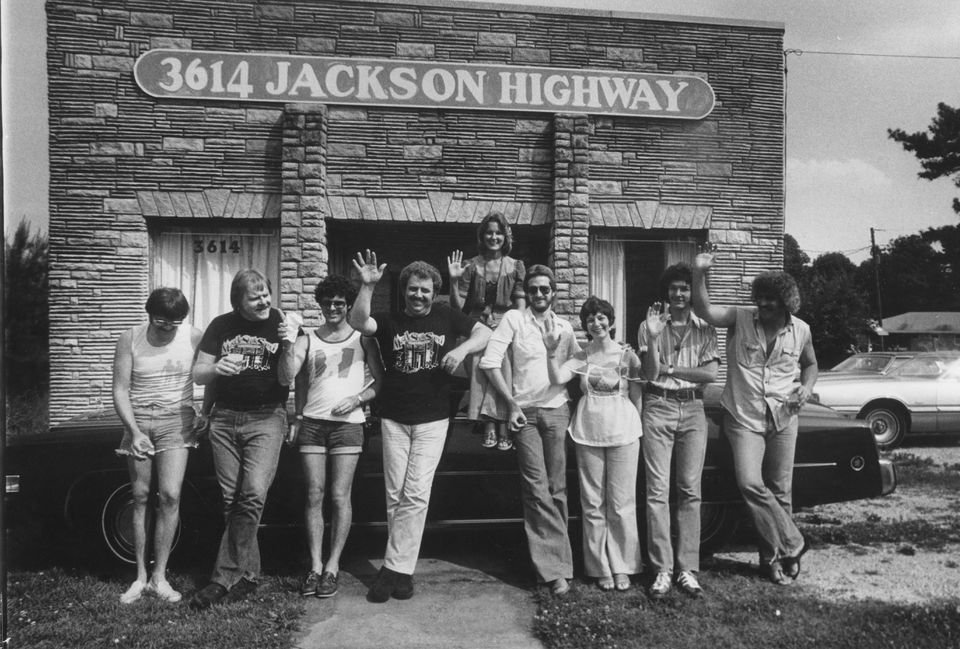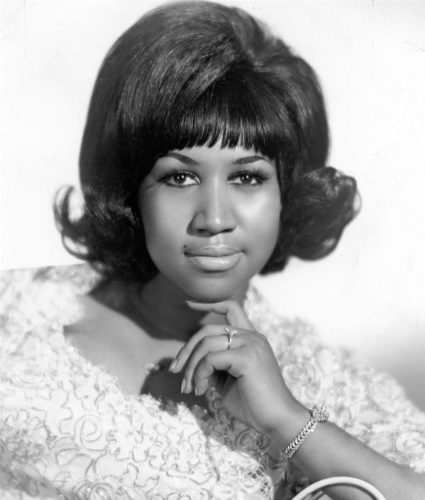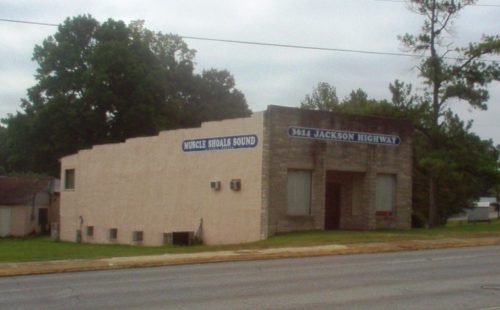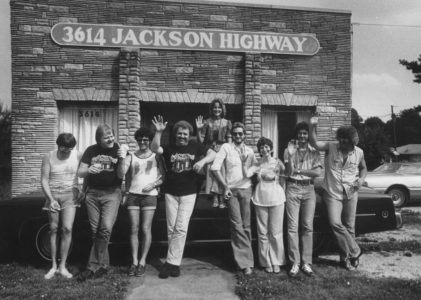Another exclusive behind-the-music story from the staff and management of Angels Grace Hospice.

They didn’t start out to change the direction and tenor of American music. It just sort of worked out that way.
They were, after all, just some easy-going farm boys and small-town kids from North Alabama along the banks of the Tennessee River, a stretch of swampland that would soon be known worldwide for a particular town in that stretch: a tony dot on the map called Muscle Shoals.
But those kids would get together and form, just maybe, the greatest band you never heard of.
Oh, you heard them alight. After all, if you were born between 1950 and 1970, they pretty much played the soundtrack of your life. You just likely never knew any of their faces or names. Plus, unlike almost every other successful band, they never adopted an official name.
They were simply the in-house band at Muscle Shoals’ Fame Studios. Having grown up in the Jim Crow South, each of them had been steeped in a delicious mix of gospel, rockabilly, country and what was then called race music (or what would later be known as R&B), and their instincts as players reflected that gumbo of musical styles.

By 1967, they’d already recorded a handful of hits for the likes of Percy Sledge and Wilson Pickett when, one day, in walks an unknown named Aretha Franklin – a twenty-something gospel singer from Detroit who, until then, had never achieved any sort of pop success. In fact, truth be told, when it came to producing a single worthy of Top 40 airplay, Franklin couldn’t fall out of a boat and hit water. That’s why Columbia had eventually released her from her contract.
But two guys with golden ears, Ahmet Ertegun and Jerry Wexler, knew the moment they first heard her that Aretha had magic inside her – a magic that Columbia had failed to tap.
So, when they flew her to Muscle Shoals to record her first album for their still-young Atlantic Records, they did so with great expectations. Unfortunately, that initial session did not go well, at least initially. The first song Aretha tried to lay down that first day lacked any sense of spark and failed to unlock the magic Wexler, in particular, sensed Aretha had in her.
Tempers soon began to flare. Franklin’s husband, an African American who doubled as her manager and who, by then, had downed almost a quart of vodka, started to berate the players and producers, all of whom were white. The racial tension, in other words, was crackling.
Yet, frankly, no one was more frustrated than Aretha, herself. She’d yet to find her voice as an artist and, after five fruitless years at Columbia, she’d put great stock in her new deal with Atlantic. But suddenly, that deal was looking, at least to her, like just more of the same.
That’s why tempers rose, fists flew, and, for a while, the only sounds coming out of the studio were those of shouting voices, thrown chairs, and a few kicked doors.
But soon, and for reasons no one could explain, everything got eerily still, even as tempers continued to boil. That’s when Spooner Oldham, a keyboardist blinded in one eye by a childhood accident, and a skinny, 23-year-old kid driven more by gut instinct than actual musical training, sat down and began to play a few bluesy, gospel-inspired chords on his organ, creating groove that compelled every head in the room to immediately turn in his direction.
Another band member, Dan Penn, pointed at his friend Oldham and said, “Hey, Spooner’s got it.” Without saying a word, Aretha strode the mic stand and began matching Oldham’s groove note for note. Soon, the entire band had joined in and within five minutes the woman the world would soon know as the “Queen of Soul” had laid down “I Never Loved a Man (the Way I Love You),” her first million-selling single.
More importantly, though, Aretha Franklin had found her voice.

Two weeks later, Wexler would fly everyone to New York to finish Aretha’s first album for Atlantic. Among the songs those white boys from Alabama would record would be “Respect,” a song so powerful and so electric that it would not only make its singer a household name and vault her into the musical stratosphere but become an anthem for Blacks and women everywhere.
Those kids would go on to record behind a virtual Who’s Who of 20th Century giants and showcase for the world an almost mind-numbing variety of musical styles along the way.
Among the iconic pop, rock, and soul hits they’d record would include When a Man Loves a Woman by Percy Sledge, Respect Yourself by the Staple Singers, Me and Julio Down by the School Yard by Paul Simon, I’m Your Puppet by James and Bobby Purify, Mustang Sally by Wilson Pickett, Gotta Serve Somebody by Bob Dylan, One Bad Apple by Osmond Brothers and Main Street by Bob Seger.
Later, thanks to Lynyrd Skynyrd’s Ronny Van Zandt, the boys from that marshy bend in the river would come as close as they ever would to having an official band name. In “Sweet Home Alabama,” using a handle bestowed upon them by his manager, Van Zandt would sing,
“In Muscle Shoals they got the Swampers. They been known to pick a song or two.”
So, with that, Angels Grace invites you to spend a few moments with us, reading some of our testimonials, and learning a bit about who we are and what we do. And while doing so, please take a moment to sample a few of timeless pearls of musical history played by Muscle Shoals’ remarkable Swampers…for our money, the single greatest band you never heard of.
. . . .
You’ll need a Spotify account to listen to this full playlist otherwise you can skip through the previews below.

